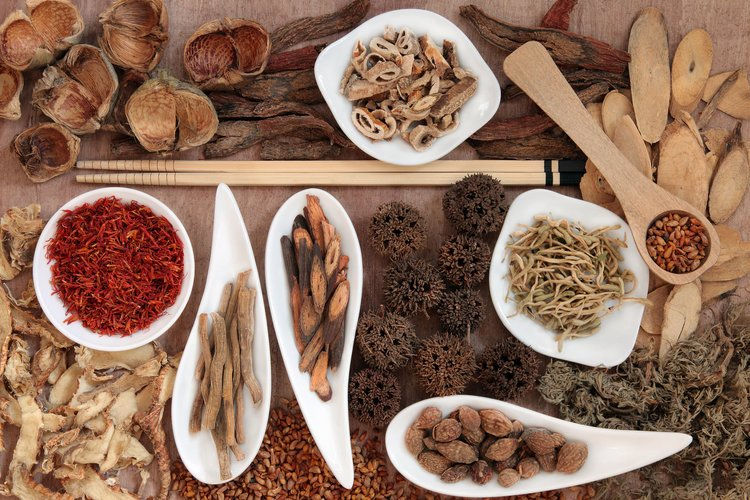The Importance of Protein
- Vanessa Evans

- Apr 4, 2023
- 3 min read
In a world screaming the benefits of Keto, plant-based or low-fat, the simple cornerstones of nutrition have been lost; carbohydrate, good fats and protein. Protein is an essential macronutrient that provides energy and building blocks for muscles and tissues and regulates hormonal and metabolic processes.
Lack of protein in your diet can present as:
Muscle weakness: Protein is essential for building and maintaining muscle mass. If you're not getting enough protein, you may experience muscle weakness and fatigue.
Fatigue: Protein is also necessary for producing energy in your body. Without enough protein, you may feel tired and sluggish.
Hair, skin, and nail problems: Protein is important for the growth and maintenance of healthy hair, skin, and nails. Without enough protein, you may experience hair loss, dry skin, and brittle nails.
Slow wound healing: Protein is necessary for tissue repair and healing. If you're not getting enough protein, your body may take longer to heal from injuries.
Weak immune system: Protein is also needed to produce antibodies and other immune system components. Without enough protein, your immune system may not function as effectively, increasing your risk of infections.
Swelling: Protein helps to maintain fluid balance in your body. Without enough protein, you may experience swelling in your hands, feet, or ankles.
Protein + Hormone Health
Protein is critical for hormonal health. When we consume protein, our body breaks it down into amino acids, which can be used to fuel our cells. Hormones are chemical messengers that regulate many processes in our body, including growth, development, and metabolism. Some hormones, such as insulin, are made up of amino acids, which means we need adequate protein intake to maintain their production.
To support hormone health ideally we should be having
20-30 grams of protein per meal in 3 meals a day.

Protein + Balancing Blood Sugar
Protein is also important for blood sugar regulation. Unlike carbohydrates, protein takes longer to digest, which means it can provide a more sustained release of energy. When we consume carbohydrates, they are broken down into glucose, which can cause a rapid spike in blood sugar levels. However, consuming protein alongside carbohydrates can slow down the absorption of glucose, which can help prevent spikes and crashes in blood sugar levels.
This is particularly important for individuals with type 2 Diabetes, Hypoglycemia, Metabolic syndrome or those with classic PCOS or Endometriosis, where blood sugar regulation is pivotal to the condition. Research has shown that consuming protein can increase the production of hormones such as glucagon-like peptide-1 (GLP-1), which helps regulate blood sugar levels.
I love following The Glucose Goddess on Instagram for fun infographs that shed light on what makes your blood sugar spike and accessible tips on keeping it stable.

Protein when Plant-based, Vegetarian or Vegan
While protein from animal sources has a variety of amino acids, most plant-based protein sources do not and have less protein per weight. For vegetarians and vegans, eating a wide variety of plant based protein ensures that all the essential amino acids that bodies need to function properly are being had.
Vegetarians can obtain protein from a variety of sources, including:
Legumes: Beans, lentils, and chickpeas are excellent sources of protein. They are also high in fibre, which can help regulate blood sugar levels.
Nuts and seeds: Almonds, peanuts, chia seeds, and hemp seeds are all good sources of protein. They also provide healthy fats, which can help improve cardiovascular health.
Grains: Quinoa, brown rice, and oats are all good sources of protein. They also provide fibre, vitamins, and minerals.
Soy products: Tofu, tempeh, and edamame are all excellent sources of protein. They also contain phytoestrogens, which can help regulate hormonal health.
Dairy products: Milk, yogurt, and cheese are all good sources of protein. However, they are not suitable for vegans or individuals who are lactose intolerant.

Disclaimer | The information provided is not meant to diagnose, cure, or treat. It is not a substitute for medical care, treatment, or advice and I highly recommend working with a GP or nutritionist.



Comments